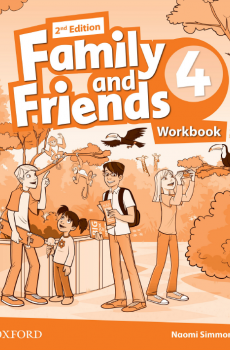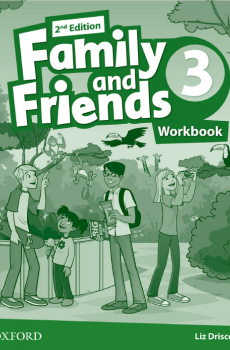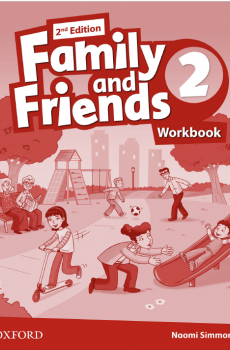The Liberty Minstrel
The Liberty Minstrel
Đăng nhập để đọc sách và tải về file pdf miễn phí
| Nhà xuất bản | Chưa rõ |
|---|---|
| Nhà xuất bản sách tiếp cận | Public domain |
| Năm xuất bản | 2007 |
| Coppy right | Chưa rõ |
All creation is musical—all nature speaks the language of song.
'There's music in the sighing of a reed,
There's music in the gushing of a rill;
There's music in all things, if man had ears;
The earth is but an echo of the spheres.'
And who is not moved by music? "Who ever despises music," says Martin Luther, "I am displeased with him."
'There is a charm—a power that sways the breast,
Bids every passion revel, or be still;
Inspires with rage, or all our cares dissolves;
Can soothe destruction, and almost soothes despair.'
That music is capable of accomplishing vast good, and that it is a source of the most elevated and refined enjoyment when rightly cultivated and practiced, no one who understands its power or has observed its effects, will for a moment deny.
'Thou, O music! canst assuage the pain and heal the wound
That hath defied the skill of sager comforters;
Thou dost restrain each wild emotion,
Thou dost the rage of fiercest passions chill,
Or lightest up the flames of holy fire,
As through the soul thy strains harmonious thrill.'
Who does not desire to see the day when music in this country, cultivated and practised by all—music of a chaste, refined and elevated style, shall go forth with its angel voice, like a spirit of love upon the wind, exerting upon all classes of society a rich and healthful moral influence. When its wonderful power shall be made to subserve every righteous cause—to aid every humane effort for the promotion of man's social, civil and religious well-being.
It has been observed by travellers, that after a short residence in almost any of the cities of the eastern world, one would fancy "every second person a musician." During the night, the streets of these cities, particularly Rome, the capitol of Italy, are filled with all sorts of minstrelsy, and the ear is agreeably greeted with a perpetual confluence of sweet sounds. A Scotch traveller, in passing through one of the most delightful villas of Rome, overheard a stonemason chanting something in a strain of peculiar melancholy; and on inquiry, ascertained it to be the "Lament of Tasso." He soon learned that this celebrated piece was familiar to all the common people. Torquato Tasso was an Italian poet of great merit, who[Pg iv] was for many years deprived of liberty, and subjected to severe trials and misfortunes by the jealousy and cruelty of his patron, the Duke of Ferrara. That master-piece of music, so justly admired and so much sung by the high and low throughout all Italy, had its origin in the wrongs of Tasso. An ardent love of humanity—a deep consciousness of the injustice of slavery—a heart full of sympathy for the oppressed, and a due appreciation of the blessings of freedom, has given birth to the poetry comprising this volume. I have long desired to see these sentiments of love, of sympathy, of justice and humanity, so beautifully expressed in poetic measure, embalmed in sweet music; so that all the people—the rich, the poor, the young, and the old, who have hearts to feel, and tongues to move, may sing of the wrongs of slavery, and the blessings of liberty, until every human being shall recognise in his fellow an equal;—"a man and a brother." Until by familiarity with these sentiments, and their influence upon their hearts, the people, whose duty it is, shall "undo the heavy burdens and let the oppressed go free."
I announced, sometime since, my intention of publishing such a work. Many have been impatiently waiting its appearance. I should have been glad to have issued it and scattered it like leaves of the forest over the land, long ago, but circumstances which I could not control, have prevented. I purpose to enlarge the work from time to time, as circumstances may require.
Let associations of singers, having the love of liberty in their hearts, be immediately formed in every community. Let them study thoroughly, and make themselves perfectly familiar with both the poetry and the music, and enter into the sentiment of the piece they perform, that they may impress it upon their hearers. Above all things, let the enunciation of every word be clear and distinct. Most of the singing of the present day, is entirely too artificial, stiff and mechanical. It should be easy and natural; flowing directly from the soul of the performer, without affectation or display; and then singing will answer its true end, and not only please the ear, but affect and improve the heart.
To the true friends of universal freedom, the Liberty Minstrel is respectfully dedicated.
G.W. CLARK.
New York, Oct. 1844.












